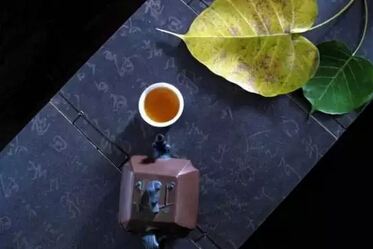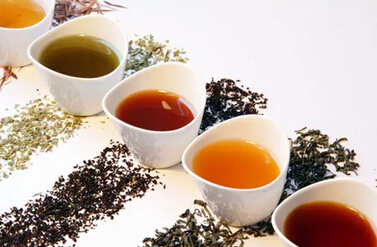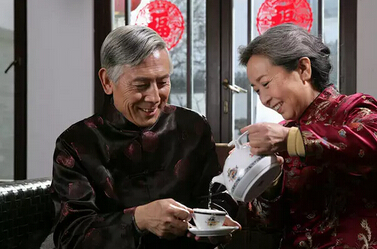
First, we can confirm that a person's bodily acceptance capacity varies at different ages, as does the absorption and reaction to nutrients in tea. Selecting suitable teas for health maintenance according to age is essential.

Ages 12–18 (adolescence) are a period of physical development, with heightened sensitivity to nutritional intake and weaker organ tolerance. At this stage, mild teas like aged pu-erh, aged liubao, or aged white tea are recommended. These teas, stored for years, become gentle and nutrient-rich, nourishing the body. Adolescents should drink tea lightly, with reduced tea leaves, preferably in the morning after breakfast or afternoon, and sparingly at night. Long-term consumption can improve memory and boost immunity.

Ages 18–40 (young adulthood) are marked by robust health, strong energy, and high resistance. However, frequent social drinking in this age group leads to suboptimal health, so dietary care is crucial. A wide range of teas, such as green tea, white tea, and oolong tea, are suitable. They aid mental alertness, digestion, detoxification, and liver protection, even helping with alcohol metabolism. Men may also drink raw pu-erh for weight loss.

Ages 40–65 (middle age) see declining bodily functions, with increased risks of gastrointestinal issues, organ degradation, and toxin buildup. Aged teas like pu-erh, liubao, fu brick, or shoumei are ideal. These teas contain thearubigins, theaflavins, and polysaccharides, which cleanse blood, combat free radicals, prevent cardiovascular diseases, and even help manage diabetes.

Age 65+ (seniors) face reduced physical tolerance, higher risks of cardiovascular diseases, and osteoporosis. Black tea and aged dark tea or white tea (brewed) are most suitable. Black tea protects bones and the heart, while aged teas aid digestion and detoxification. Seniors should drink tea lightly and avoid excessive consumption after dinner.
